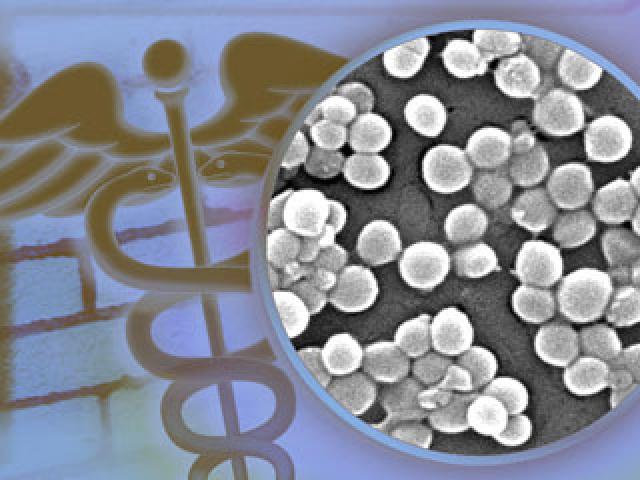For years, health experts have been preaching a doom-and-gloom warning about terrifying superbugs headed our way, bacterial infections that will be so mighty, even our most powerful antibiotics will be useless against them.
That day has arrived. This signals the horror and helplessness accompanying a common infection which can not be treated or controlled in any way, leading to death.
For the first time, a person in the United States is carrying a bacteria that is resistant to any and all antibiotics, the type of medicine that until now has been the hope for curing such bacterial infections.
The bacteria is a strain of E.coli. It was found in a 49-year-old Pennsylvania woman who reported symptoms consistent with a urinary tract infection in late April. She was diagnosed at a military medical facility. The patient has not been identified, but reportedly did not travel overseas in the last five months. That means she most likely acquired the bacteria in the U.S. Her family and other close contacts are being tested to see whether they, too, are infected with the superbug. An investigation is underway to determine how the woman became infected, including exposure to the bacteria in a hospital or other healthcare facility where it could easily spread.
The woman was reportedly treated with the most powerful antibiotic known to man, called colistin. This drug is over 50 years old and can damage the kidneys. Therefore, it is only used in the most dire of circumstances: when bacteria are resistant to all other antibiotics. Even the last-resort colistin can't kill this bacteria.
CDC Director Tom Frieden said the arrival of this superbug "basically shows us that the end of the road isn't very far away for antibiotics — that we may be in a situation where we have patients in our intensive care units, or patients getting urinary-tract infections for which we do not have antibiotics."
Healthcare officials investigating this alarming development say this E.coli superbug found in the Pennsylvania woman carries a type of gene that allows organisms to be resistant to antibiotics. What's most concerning about that is that the gene can be transferred to other bacteria. This method of transmission allows for a faster and more all-encompassing way that bacteria can become antibiotic resistant than mutation, which takes longer and usually remains confined to only one bacterial family.
In 2014, the CDC issued an urgent warning about the inevitability of superbugs invading our shores. At that time, CBN News reported on the circumstances that led to antibiotic resistant bacteria, primarily the overuse of them by both doctors who prescribe them for viral infections, which is ineffective against that type of infection, as well as the food industry, which feeds antibiotics to the livestock and poultry we eat.
The report also explained what can be done to combat drug-resistant bacteria, both individually and as a society. As individuals, we can best protect ourselves from contracting a bacterial infection by washing our hands and making sure our healthcare providers do the same. We can also strengthen our immune system to better fight-off infection, by getting adequate sleep, eating an anti-inflammatory diet rich in vegetables and healthy fats and low in processed foods and sugar and managing stress. As a society, the pressure appears to be on drug companies to develop new, better antibiotics that are able to kill the emerging superbugs.










